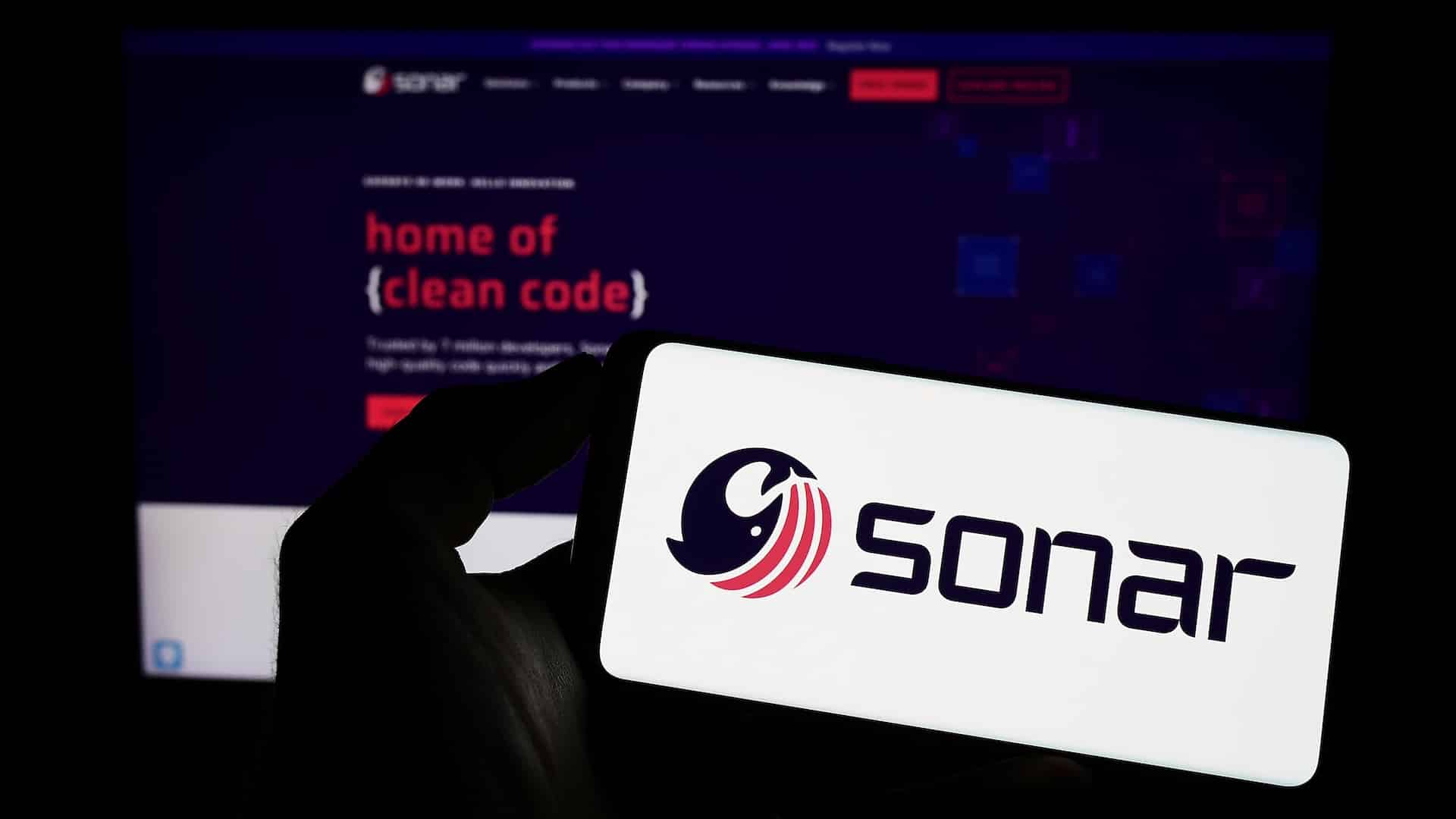The IT project manager is one of the people responsible for the smooth running of an IT project. Find out all you need to know about this job.
What is an IT project manager?
An IT Project Manager, also known as an Information Technology Project Manager or Technical Project Manager, is an expert in charge of initiating, planning, executing, controlling and closing IT projects. They also support the company’s digital transformation, helping to integrate new technologies. In fact, their role is key in ensuring that technology projects are delivered on time, on budget and to the specific requirements of customers or internal stakeholders.
What is the role of an IT project manager?
The IT project manager oversees the development of digital projects, from initialisation (scoping, specifications, kick-off, etc.) through design and deployment, to closure. They will communicate effectively with technical teams and non-technical parties, ensuring clear communication and mutual understanding of objectives. They are also responsible for coordinating stakeholders, resolving problems and guaranteeing the quality of deliverables.
The role of the IT project manager is taking on increasing levels of importance with the acceleration of digital evolution and resulting demands for responsiveness and agility.
What type of tasks do they complete?
Depending on the specific nature of the organisation in which they work, they will undertake a variety of missions, including main activities such as:

Project planning and organisation
The IT project manager must first provide a framework for the project by drawing up specifications that indicate the current state and the target state, the project objectives, the value delivered, the stakeholders involved, a macro study of the risks and impacts, a macro schedule and the centralisation of historical documents should they exist.

Team coordination
They must then coordinate and facilitate the interactions of the technical teams (developers, testers, integrators) and non-technical teams (members of the various departments involved) to ensure that collaboration remains efficient and harmonious. They are also responsible for the project team.

Monitoring and evaluation of project status
They will use various project management tools to monitor project progress, evaluate performance, identify risks and implement corrective solutions where necessary.

Communication with stakeholders
Finally, the IT Project Manager maintains clear and regular communication with internal stakeholders (management, operational teams) and external stakeholders (customers, suppliers, partners) to ensure transparency and manage expectations.
How do I become an IT project manager?
For those who want to become an IT Project Manager, there are several steps to complete. A Master’s degree in IT, project management or a similar field is often required. Switzerland’s Universities of Applied Sciences (UAS) and Swiss Federal Institutes of Technology (ETH) offer high-quality programmes in engineering and project management.
Secondly, it is important to have significant experience in technical or management positions. Internships and first jobs working as a systems developer or analyst are common stepping stones.
Finally, recognised certifications such as Hermès (a project management method developed by the Swiss federal administration), PMP (Project Management Professional), IPMA (International Project Management Association), Prince2 (PRojects IN Controlled Environments) or ITIL (Information Technology Infrastructure Library) can give credence to a candidate’s credibility and skills. In Switzerland, it is also a good idea to follow continuing education courses offered by institutions such as the École polytechnique fédérale de Lausanne (EPFL) or the University of Geneva.

The best engineering schools to attend if you want to become an IT project manager
To become an IT project manager, the most traditional route is to obtain a university Master’s or engineering degree with a specialisation in IT. Here are just a few of the options that are available.
- Engineering schools such as Centrale, Polytechnique, INSA, etc. offer courses in IT and project management.
- IT schools such as Epitech and Supinfo
- University Masters Degrees
- A master’s degree in computer science: many universities offer specialised master’s programmes in computer science, including options in project management.
- Master’s degree in information systems management: this type of degree combines courses in IT and management, which is perfect for a future IT project manager.
- Master’s degree in project management: some universities offer specialised master’s programmes in project management, often with a range of options.
In addition to academic training, professional experience is important for becoming an IT project manager. Here are a few steps to follow:
- At the beginning of their careers, many IT project managers start out in technical positions (developer, analyst, tester) where they will acquire in-depth expertise in development technologies and methods.
- After a few years’ experience, they can progress to middle management positions such as lead developer, team leader or project coordinator.
- With the right experience and skills, it’s possible to apply for IT project manager positions, for which it is crucial to have management, communication and technology skills.
What qualities does an IT project manager need?
To succeed as an IT project manager, it’s important to have several skills, depending on the type of project.
Project management skills
Proficiency in agile methods, PMP, IPMA, Hermes, Prince2, etc. Ability to plan, organise and prioritise tasks on time and on budget.
Communication skills
Excellent written and oral communication skills to interact effectively with a variety of audiences, including non-technical people.
Leadership skills
Ability to motivate, inspire and engage team members, encourage collaboration and manage conflict constructively.
Change management skills
Ability to effectively manage scope changes and unforeseen events, and to adapt quickly to new project requirements or priorities.
Problem-solving skills
Ability to quickly identify potential problems, analyse underlying causes and propose effective solutions.
How much does an IT project manager earn?
The salary of an IT project manager varies according to a number of factors. As in all professions, experience is essential: a beginner earns less than an expert with several years of experience.
Geographical location also plays an important role. Salaries are often higher in larger cities due to the cost of living and the demand for skilled workers. The project manager’s specific skills, as well as recognised professional certifications, can also increase the salary.
Finally, the level of responsibility plays a key role: the more responsibility a project manager has, the more likely they are to earn a good salary. In general, IT project managers enjoy attractive remuneration packages and good career prospects, with the opportunity to progress and see their salary increase with time and experience.
IT project manager: possible career paths
IT project managers can progress to positions of greater responsibility, from Project Director, supervising several project managers and managing large-scale projects, to Chief Technology Officer (CTO), where they are responsible for the company’s technology strategy. They may also become programme managers or project portfolio managers, managing several projects simultaneously to achieve strategic objectives. These are just a few examples of possible career paths, but there are lots of others available to follow, depending on the individual’s background and the opportunities available.
These career developments offer opportunities to further develop skills, to take on more responsibility and to increase remuneration.







